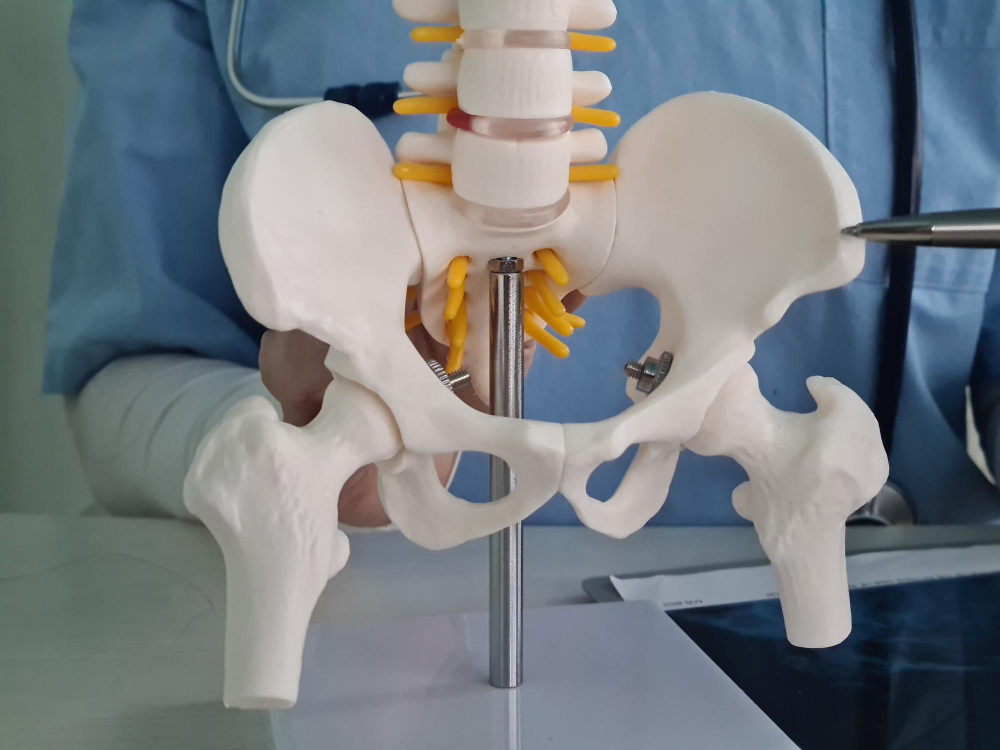Preparing for hip surgery is important for a safe and smooth recovery. Good hip surgery preparation can help lower risks and make your healing faster. Whether you are preparing for hip replacement or another procedure, knowing what to expect can ease your mind. In this guide, you will find simple steps and tips to help you get ready for your operation.
Understanding Hip Surgery
Hip surgery often means replacing a damaged hip joint with an artificial one. This is called hip replacement. Doctors may suggest this surgery if you have pain, stiffness, or trouble moving your hip. Usually, people need hip surgery because of arthritis, injury, or other joint problems. Sometimes, surgery is needed after a fall or accident. Knowing why you need surgery can help you feel more confident about the process.
Why Preparation Matters
Proper hip surgery preparation offers many benefits. For example, it can reduce the chance of infection and help you heal faster. When you follow your doctor’s advice, you may also feel less anxious. On the other hand, not preparing well can lead to problems. These may include longer hospital stays or slower recovery. Therefore, taking time to prepare is a key step toward a safe hip operation.
Steps to Prepare for Hip Surgery
Medical Evaluations and Tests
First, your doctor will ask for some tests. These may include blood work, X-rays, or a heart check. These tests help make sure you are healthy enough for surgery. If you have other health problems, your doctor may want to treat them before your operation.
Medication Management
Next, tell your doctor about all the medicines you take. This includes vitamins and herbal supplements. Some medicines may need to be stopped before surgery. For example, blood thinners can increase bleeding risk. Always follow your doctor’s instructions about your medicines.
Home Preparation Tips
Getting your home ready before surgery can make recovery easier. Here are some helpful tips:
Arranging Transportation and Support
After surgery, you will not be able to drive right away. Therefore, arrange for someone to take you home. You may also need help with daily tasks, such as bathing or dressing. Ask a friend or family member to stay with you for a few days, if possible. In some cities, local support groups or home care services can help during recovery.
Pre-Surgery Exercises and Nutrition
Your doctor may suggest simple exercises to strengthen your legs and arms. These can help you move better after surgery. Eating healthy foods before your operation can also help your body heal. Try to eat more fruits, vegetables, and lean protein. If you smoke, try to quit before surgery, as this can help you recover faster.
What to Expect on Surgery Day
Hospital Admission Process
On the day of your hip surgery, you will check in at the hospital. Nurses will ask you some questions and help you get ready. You may change into a hospital gown and have your vital signs checked. After that, you will meet your surgical team.
What to Bring
How to Communicate with Your Surgical Team
Before surgery, talk with your doctor and nurses. Ask any questions you have about the operation. Let them know about allergies or past reactions to medicines. Good communication helps your team keep you safe and comfortable.
Frequently Asked Questions
Conclusion & Call-to-Action
In summary, careful hip surgery preparation can help you have a safe and smooth operation. By following these steps, you can lower risks and feel more confident. Remember, every person’s needs are different. Consult Dr. Hemanth, orthopedic specialist at Amara Hospital, for personalized guidance on your joint health and treatment options.
